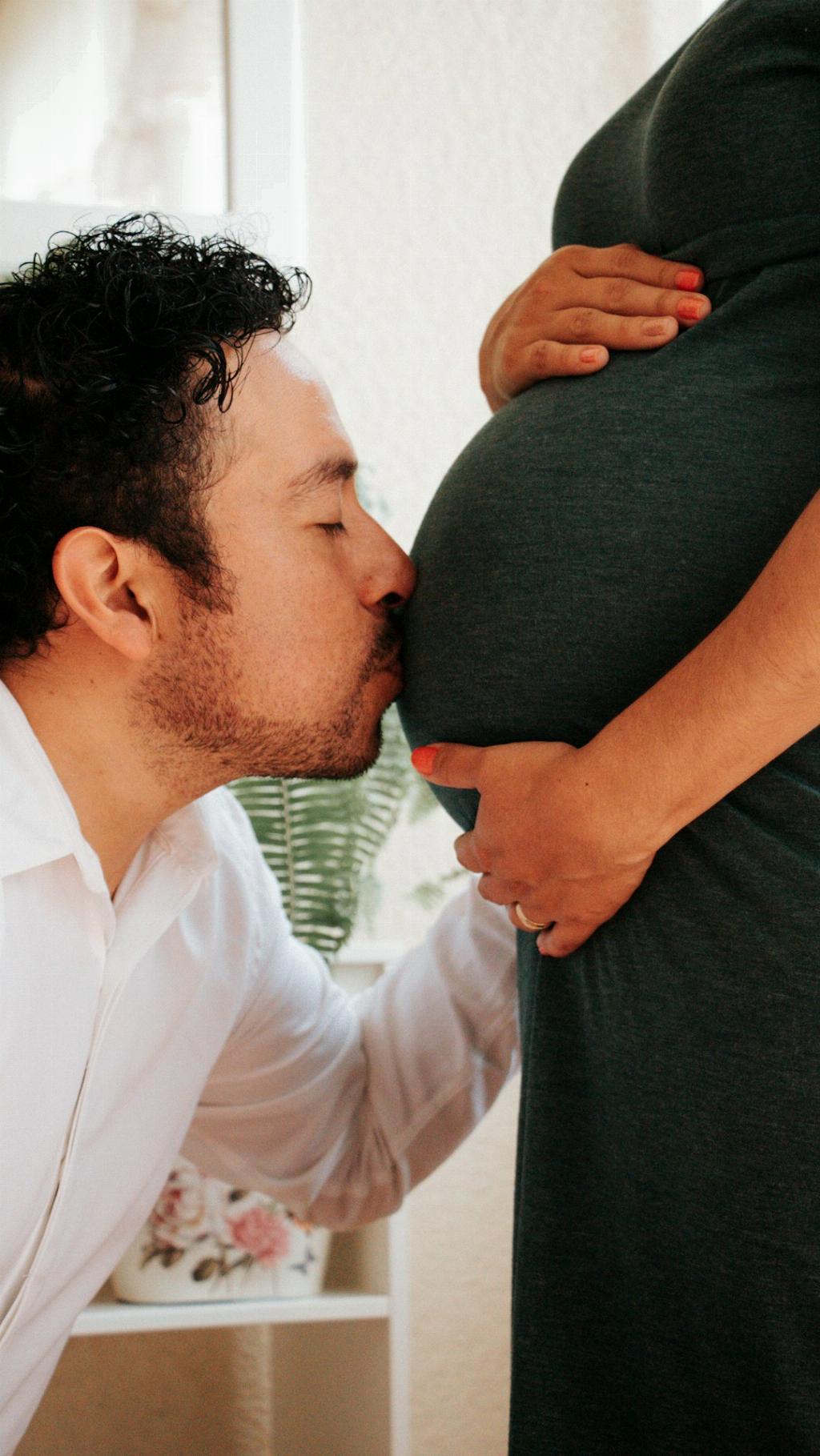When it comes to the topic of doing stomach exercises while pregnant, it’s important to consider various factors that can impact the safety and effectiveness of such workouts. Many women wonder if it is safe to engage in ab workouts during pregnancy, and the answer is generally yes. However, it is crucial to listen to your body, consult with your healthcare provider, and make modifications as needed to ensure the health and well-being of both you and your baby.
One key point to keep in mind is that each pregnancy is unique, and what may be suitable for one woman may not be suitable for another. Factors such as the stage of pregnancy, any pre-existing medical conditions, and individual fitness levels all need to be taken into account when deciding whether to incorporate stomach exercises into your prenatal fitness routine.
Before engaging in any form of exercise during pregnancy, it is recommended to seek approval from your healthcare provider. They can provide personalized guidance based on your specific health status and pregnancy-related concerns. Additionally, they can help you determine which types of exercises are safe and beneficial for you during this important stage of life.
Stomach exercises, when done correctly and with proper form, can help strengthen the abdominal muscles, which may support the added weight of the baby and help improve posture. However, it is essential to choose exercises that are pregnancy-friendly and avoid any movements that may strain the abdominal muscles or put undue pressure on the pelvic floor.
Some effective stomach exercises for pregnant women may include gentle Pilates movements, modified planks, pelvic tilts, and pelvic floor exercises. These exercises can help maintain core strength and stability without placing excessive stress on the body. It is advisable to perform these exercises under the guidance of a qualified fitness instructor or prenatal exercise specialist.
As your pregnancy progresses, it is essential to listen to your body and make adjustments to your workout routine as needed. Avoid any exercises that cause discomfort, pain, or shortness of breath. Your body is going through significant changes during pregnancy, and it is crucial to prioritize your comfort and safety above all else.
Remember that staying active during pregnancy can have numerous benefits, including improved circulation, reduced risk of gestational diabetes, and enhanced mood and well-being. By incorporating safe and appropriate stomach exercises into your prenatal fitness regimen, you can potentially experience these benefits while supporting your overall health and fitness.
It is also important to stay hydrated, wear comfortable clothing, and use proper equipment when exercising during pregnancy. Be mindful of your surroundings and avoid overheating or overexerting yourself. If you experience any unusual symptoms or have concerns about your fitness routine, do not hesitate to contact your healthcare provider for guidance and support.
In conclusion, while it is generally safe to do stomach exercises while pregnant, it is crucial to approach such workouts with caution and care. Prioritize your health and the well-being of your baby by seeking advice from a healthcare professional, listening to your body, and making necessary modifications to your exercise routine. By staying active in a safe and mindful manner, you can support your physical and emotional well-being throughout your pregnancy journey.

